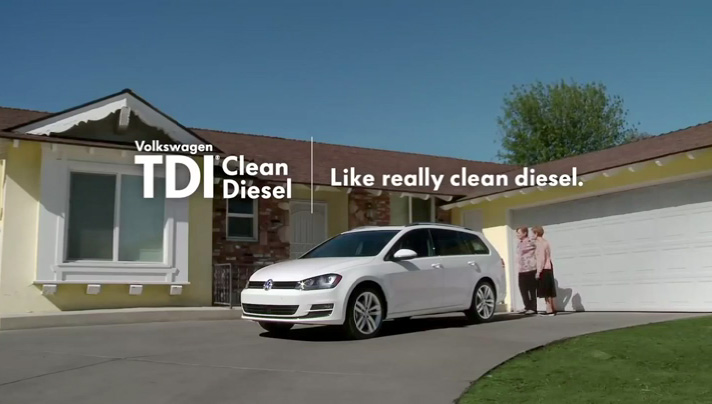Last week, the German Federal Council adopted a bipartisan measure that would ban the sale of new vehicles with internal-combustion engines in the country after 2030.
While its actions only apply within Germany, language in the measure asks the European Union to ensure that sales of such cars are also banned within the EU after that year at the latest.
Legal approval for road vehicles is now managed by the EU in Brussels, rather than by member states individually, so the resolution has no practical effect on German cars.
DON'T MISS: Netherlands joins Norway in plans to end new gas, diesel car sales by 2025 (Apr 2016)
However, as coverage by Forbes pointed out, the resolution also asks the EU to review its current tax and incentive policies in light of its carbon-reduction goals.
Theoretically, this could lead to EU-wide taxes on emitting cars and financial incentives by the EU for zero-emission vehicles.
Historically, EU vehicle regulation has attempted to balance the interests of the environment and the German auto industry—by far the largest among EU member states.

Volkswagen TDI 'clean diesel' television ad screencap
That has become more challenging of late.
The Volkswagen diesel scandal has led to greater public condemnation of emission and fuel-efficiency test results that automakers themselves admit don't reflect real-world results for drivers.
But blaming higher fuel consumption (as much as 30 percent) on the test design is a hard case for automakers in light of emission tests showing that no diesel engine sold today in Europe meets emission rules in real-world use.
CHECK OUT: Germany's $1 billion electric-car incentive plan approved by cabinet (Apr 2016)
The measure can thus be seen as symbolic, but it may indicate rising pressure for automakers to step up production of zero-emission vehicles—almost surely faster than they would like.
With the U.S. electric-car startup Tesla Motors having shown that plug-in cars with ranges of 200 to 300 miles are possible, German luxury makers are scrambling to catch up.
The VW diesel scandal has prompted German makers to promote a slew of concept cars showing 200-mile electric vehicles they will launch starting in 2018 and later, or six years after the Tesla Model S went on sale.

The Maybach 57 S Edition 125!. Image: Daimler AG
The German parliament enacted a billion-dollar package of incentives for the manufacture and purchase of electric cars earlier this year, widely thought to have been shaped in consultation with the country's automakers.
And the reflexive German position on reducing emissions—best summarized as "diesel is the best way; hybrid cars are silly, and electric cars will never work"—is no longer much heard in venues like the Frankfurt Motor Show.
A MUST-READ: Norway's Goal: All New Cars Will Be Emission-Free By 2025 To Cut Carbon (Aug 2015)
Meanwhile, as this symbolic measure reverberates among policy-makers, The Netherlands and Norway are well along on ambitious plans to ensure no more gasoline or diesel cars are sold new in their countries after 2025.
Known in German as the Bundesraat, the council is the upper of two houses of the German parliament, along with the Bundestag, whose members are directly elected.
With members chosen by state governments, its duty is to represent the interests of the 16 states that make up the country.
[EDITOR'S NOTE: An early version of this article suggested that all cars with gasoline or diesel engines would be banned under the bill. After clarifying the translation of an article in Der Spiegel, we have revised our wording to make it clearer that the ban applies to sales of new cars with those engines from 2030, not to all vehicles on the road. We regret the error, and we thank reader John Briggs for his assistance.]
_______________________________________












